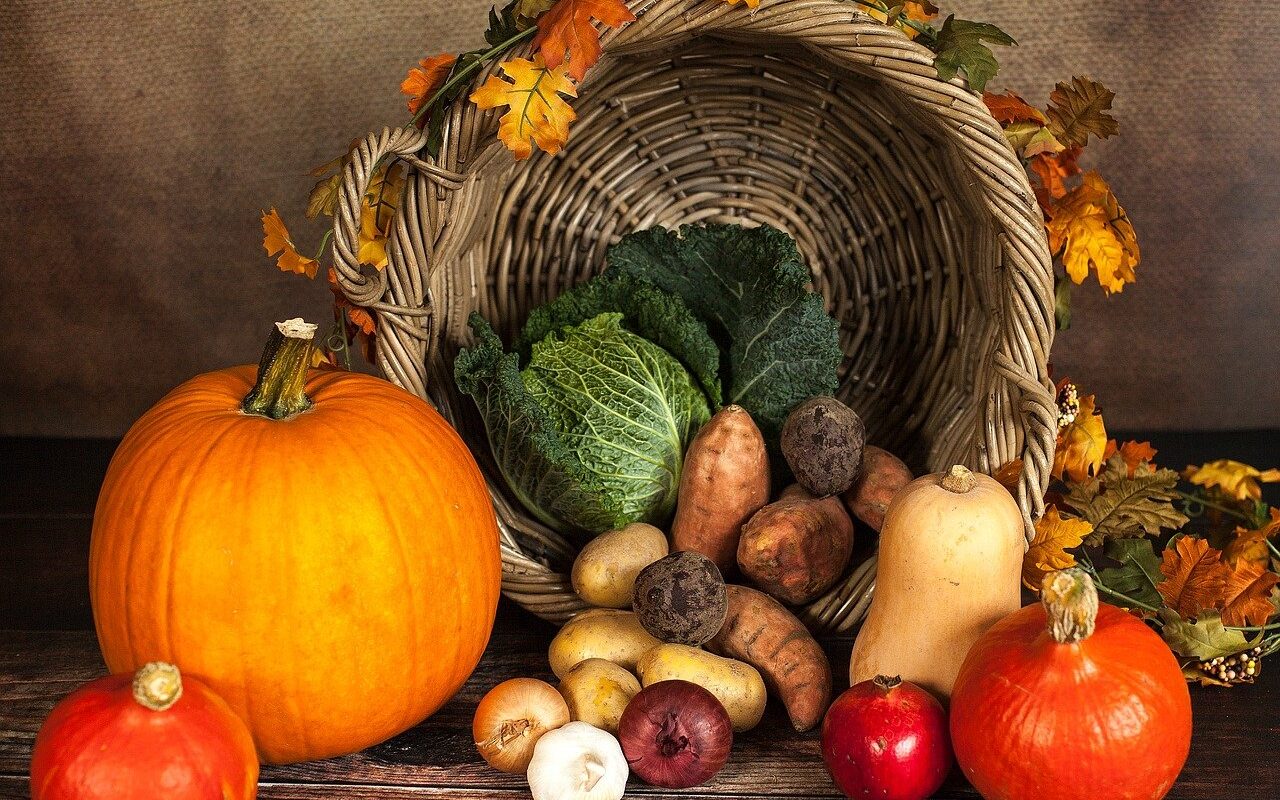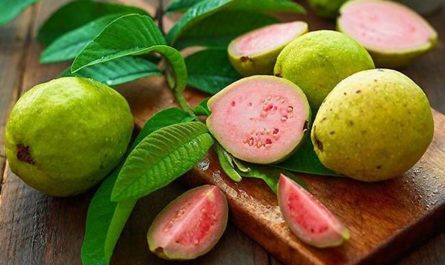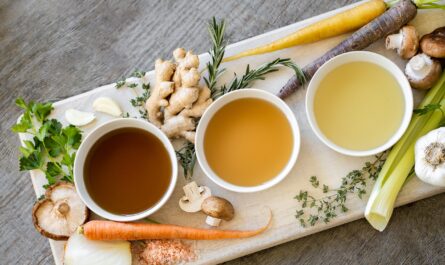The best way to rid your joints of the awful pain and inflammation accompanied by arthritis is to brim your diet with a rich assortment of green, red, yellow and orange foods. Arthritis patients simply have to create a daily diet comprising of fresh, rich and healthy produce if they intend to manage their symptoms, reduce the risk factors and improve their condition.
Research reveals that vegetables are the richest sources of essential vitamins, antioxidants, minerals and other nutrients that shield our cells against the damaging attacks of free radicals, along with reducing inflammation throughout the body and easing out the pain in our joints. So, you need to make sure you devour generous portions of vegetables throughout your day.
All vegetables are immensely beneficial in managing and reducing the symptoms of arthritis, but the darker and richer the colour, the greater the benefits. The idea is to create a rainbow of vegetables on your plate by mixing up lots of varieties so you can enjoy both, nutrients and taste.

We’ve picked out all the best vegetables that arthritis patients must add to their daily diets.
Here, take a look:
1. Onions, Garlic, Leeks and Shallots
Allium vegetables, such as shallots, onions, leeks and garlic, are succulently pungent and brimming with quercetin, a highly beneficial and powerful antioxidant. Research reveals that quercetin is capable of eliminating the symptoms of inflammation caused by ailments such as rheumatoid arthritis.
These vegetables also contain diallyl disulphine, a naturally occurring compound that is capable of reducing the enzymes that cause severe damage to the cartilage. You can enjoy these vegetables to make delicious soups, sauces and casserole meals.
2. Cruciferous Vegetables
Cruciferous veggies, such as Broccoli, Brussels sprouts, cauliflower, cabbage and bok choy, are one of the richest sources of naturally occurring compounds, known as sulforaphane.
A study attempted to examine the effect of sulforaphane on a sample consisting of mice. The results revealed that sulforaphane proved beneficial in preventing the inflammatory process, along with reducing symptoms of cartilage damage in Osteoarthritis.
Several other studies also claim that individuals who add lots of cruciferous vegetables to their daily diet can actually prevent rheumatoid arthritis from occurring in the first place.
3. Orange & Red Vegetables
Bright red and fiery orange coloured vegetables are brimming with carotenoids, such as beta-cryptoxanthin. These are found in sweet potatoes, carrots, red peppers, and squash, which also pack a powerful density of antioxidants.
Research reveals that consuming foods that contain rich amounts of beta-cryptoxanthin aids in reducing the risk factors that contribute to the development of several inflammatory diseases, particularly rheumatoid arthritis.
4. Dark Green Leafy Vegetables
Metabolic processes, such as the production of energy that takes place within the body, also produces certain harmful and damaging by-products, known as free radicals, which attack and damage our cells. Research reveals that free radicals play a principal role in the development of the symptoms of rheumatoid arthritis, and in other ailments that involve inflammation within joints.
Dark leafy green vegetables, such as Swiss chard, Brussels sprouts, broccoli, bok choy, spinach and kale, are brimming with antioxidants, and vitamins A, C and K, which shield our cells and prevent the damaging attacks of free radicals. These vegetables are also rich sources of calcium, which strengthens and preserves our bones.
5. Red & Green Peppers
Colourful, mild and hot-all kinds of peppers are extremely good for the health for they are one of the richest sources of vitamin C, an essential vitamin that shields the cells in cartilage and protects our bones.
Research reveals that individuals who obtain less than the recommended daily dosage, which is 90mg for men and 75 mg for women, tend to increase the risk factors that contribute to the development of osteoarthritis of the knee.
All you need is half a cup of red bell peppers to brim up your body with an entire day’s supply. And you can add them to amazing fajita recipes, Mexican dishes, peppery steaks, soups and even salads.
6. The Myths about Nightshade Vegetables
Nightshade vegetables, such as potatoes, eggplants, tomatoes and peppers, are packed with solanine, a chemical that supposedly tends to worsen the pain-related symptoms of arthritis, along with triggering inflammation. So, should one avoid nightshade vegetables all together?
There is very little evidence to validate the above mentioned claim through scientific data. It may have proven true for some individuals, but no studies have been conducted to prove that nightshade vegetables actually worsen the symptoms or cause inflammation.
If anything, research claims that nightshade vegetables are brimming with essential nutrients, and they are a very beneficial addition to our daily diets. However, if you feel they are triggering or worsening arthritis-related symptoms and pain, avoid eating them.
7. Olives
Very few people know that olives are actually fruits, and they, along with olive oil, are extremely effective at fighting off inflammation throughout the body.
Extra virgin olive oil is highly recommended because it is brimming with oleocanthal, a natural anti-inflammatory agent that is found to have similar effects as the popular NSAID medication, ibuprofen.
8. Cooking Vegetable Meals
We pay a great deal of attention of picking out the right vegetables and researching their nutritional values, but do we pay nearly enough attention to how we choose to cook our veggies? No.
According to research, how we cook our vegetables makes a huge difference on their nutritional profiles and benefits. Steaming is the safest way to preserve all the nutrients found in vegetables, far better than boiling.
It is highly advisable to use less water as it tends to deprive the vegetables of most of their antioxidants and vitamins.
Similarly, it is essential not to overcook our vegetables, leaving them a bit ‘al dente’ to make sure all the minerals and vitamins are intact in our meal. It’s always better to sauté your veggies rather than throwing them into a deep fryer brimming with oil, which would only multiply the calories and fats, leaving little trace of nutrients behind.
If you must add oil, pick out vegetable oils, like corn, olive or even seed oil. And refrain from frying as much as you can.




